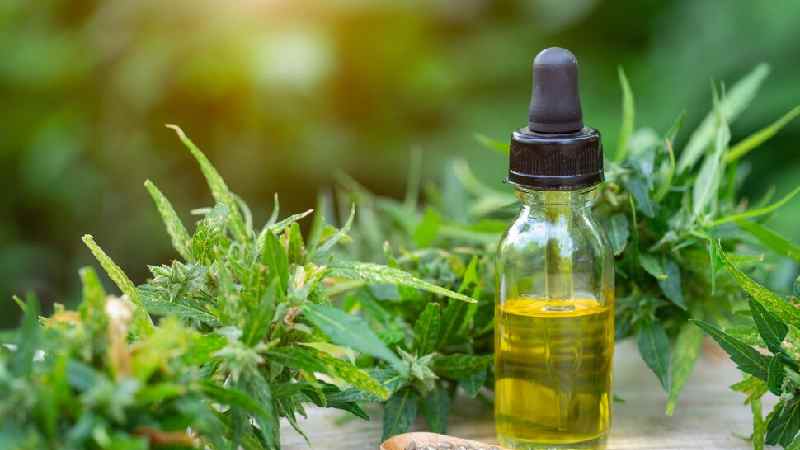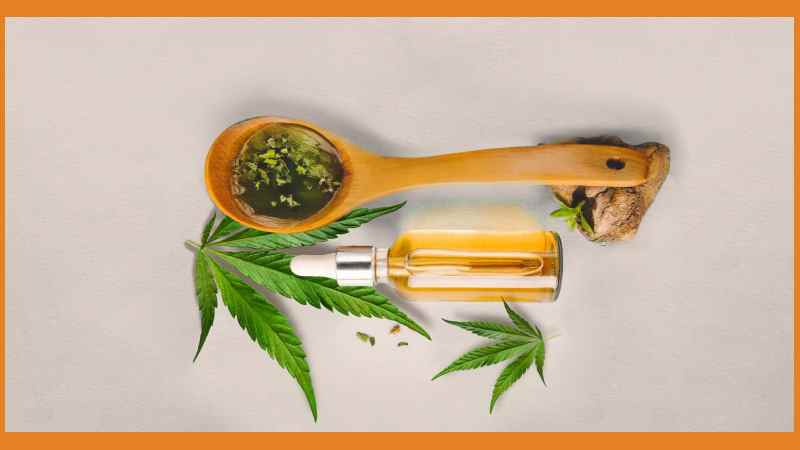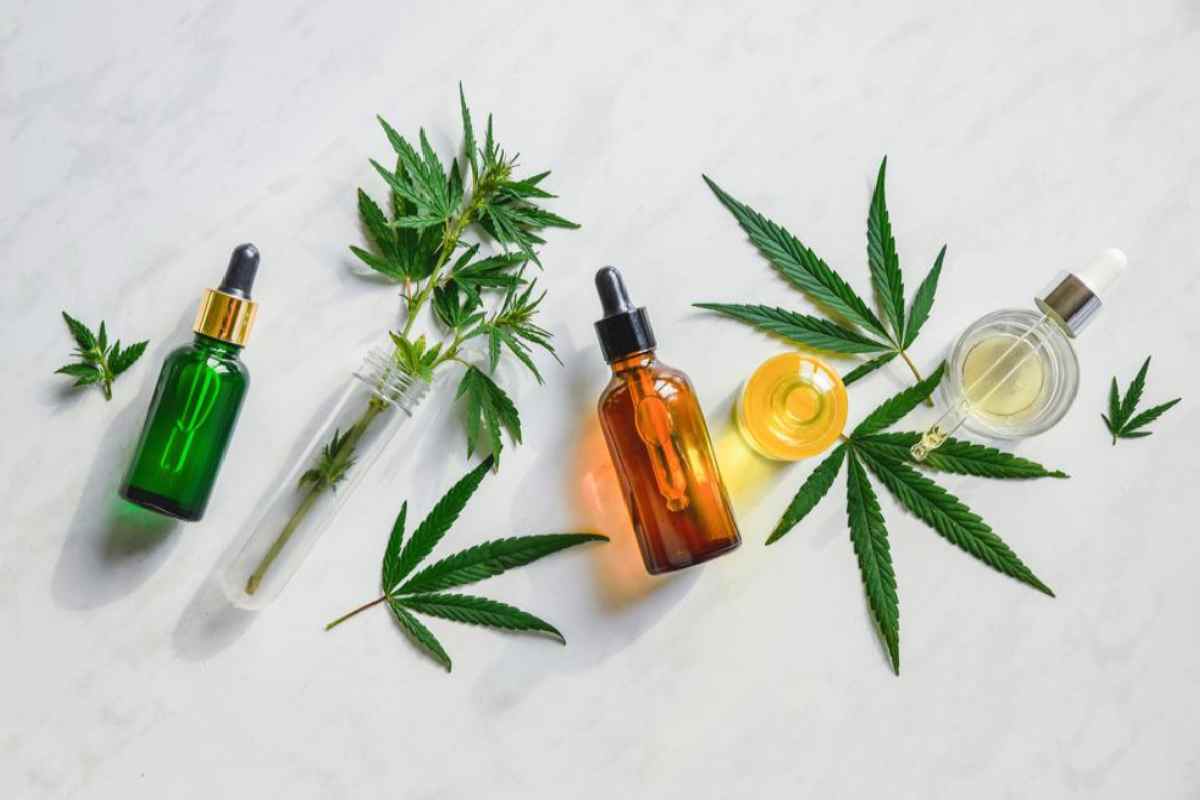Table of Contents
Define: CBD Tincture vs. CBD Oil
CBD (cannabidiol) has become increasingly popular as a natural remedy for various health issues, from anxiety and depression to chronic pain and inflammation. As several people discover the benefits of CBD, the market for CBD products has exploded, with a wide range of options available. Two popular ways to consume CBD are through tinctures and oils. Although they may seem similar, there are some key differences to consider.

CBD Tinctures
CBD tinctures are made by steeping CBD-rich hemp flowers in high-proof alcohol or another solvent to extract the active compounds, including CBD. The resulting liquid remains strained and sometimes flavored with essential oils or other natural flavors. Tinctures typically come in small bottles with droppers, allowing for precise dosing.
CBD Oil
CBD oil remains also extracted from CBD-rich hemp flowers. Still, instead of alcohol or another solvent, it is typically removed using CO2 or another method that doesn’t involve harsh chemicals. The resulting oil is then typically mixed with carrier oil. Such as MCT or hemp seed oil, to make it easier to consume. CBD oil remains often sold in dropper bottles or capsules.
Differences
One key difference between tinctures and oils is their base. Tinctures remain typically made with alcohol, which can be harsh for some people, especially those with a sensitive palate. On the other hand, oils are often mixed with carrier oils, making them more pleasant to consume.
Another difference is the way they stay consumed. Tinctures are taken sublingually, placed below the tongue, and absorbed through the mucous membranes. It allows for faster absorption into the bloodstream and quicker onset of effects. On the other hand, CBD oil can be taken orally or mixed with food or drinks. However, it may take longer to feel the effects as it has to pass through the digestive system first.
Dosage is another consideration. Tinctures often come with droppers, allowing for precise dosing, while oils may require more guesswork. Additionally, remedies are usually more concentrated, meaning they may contain more CBD per serving than oils.
Choosing Between CBD Tincture and CBD Oil: Which is Right for You?

If you’re considering CBD, you may wonder which option is right for you. Here are some factors to consider:
Taste: If you don’t like the taste of alcohol or have a sensitive palate, CBD oil may be a better option for you. However, some people prefer the taste of tinctures, as they can remain flavored with natural ingredients.
Convenience: If you want a product that is easy to take on the go, tinctures may be a better option. They come in small bottles with droppers, making them easy to dose and take. CBD oil, on the other hand, may require more preparation, such as mixing it into food or drinks.
Speed of onset: If you’re looking for fast-acting relief, tinctures may be a better option, as they are absorbed more quickly into the bloodstream. However, CBD oil may be a good choice if you don’t mind waiting longer for the effects to kick in.
Dosage: If you want to be precise with your dosage, tinctures are often a better option, as they come with droppers that allow accurate measurement. CBD oil may require more guesswork, mainly if you use it orally.
Conclusion
CBD tinctures and oils are similarly natural; the only difference is the suspension liquid. While people may interchange the terms “CBD oil” and “CBD tincture,” they are different products. Manufacturers use carbon dioxide for oil, but for tinctures, they use alcohol.

